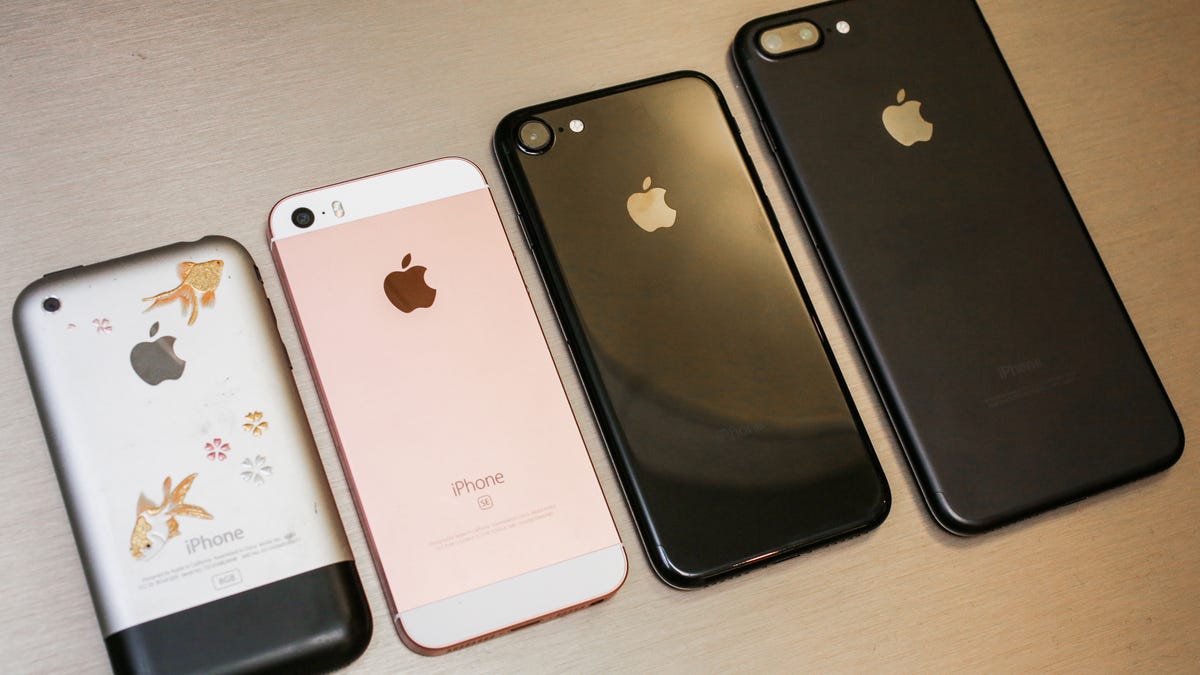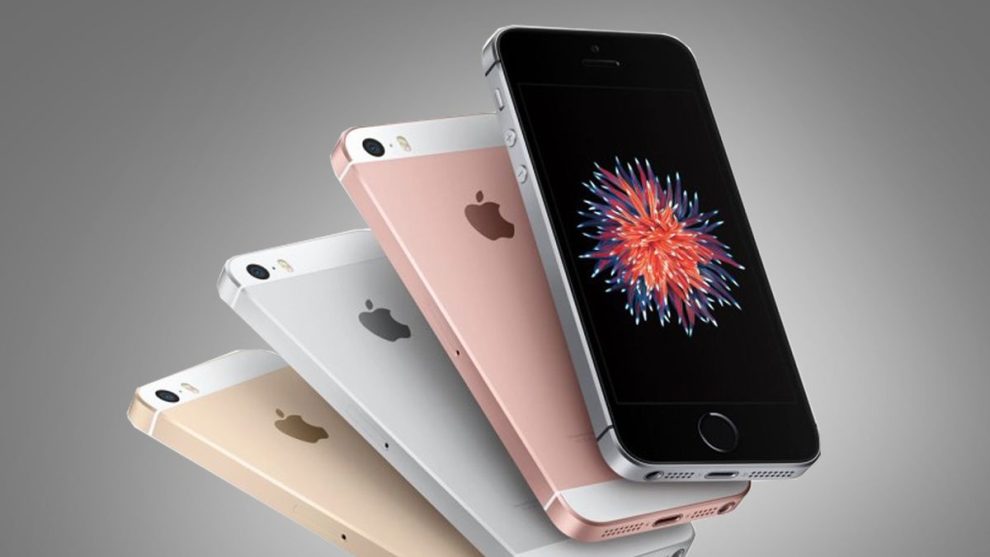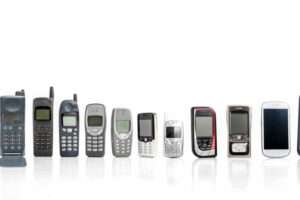As Apple recently added the iPhone 5s to its list of “obsolete products,” many users are left wondering about the implications of owning an outdated device. An obsolete iPhone isn’t just a matter of missing out on the latest features; it can expose you to serious security risks, performance issues, and limited functionality. In this article, we’ll explore the consequences of using an obsolete iPhone and discuss what you can do to protect your data.
The Security Risks of an Obsolete iPhone
One of the most significant drawbacks of an obsolete iPhone is the end of software updates. These updates are essential for patching security vulnerabilities and protecting your device from malware, phishing attacks, and data breaches. Without regular updates, your iPhone becomes increasingly vulnerable to exploits that hackers are constantly developing.
Think of software updates as the manufacturer reinforcing your phone’s digital lock against potential intruders. With an obsolete iPhone, that lock remains static, making it easier for hackers to find and exploit weaknesses over time.
Performance Drawbacks: Struggling to Keep Up
As apps and websites evolve to take advantage of newer hardware and software capabilities, an obsolete iPhone may struggle to keep pace. You might experience slower app load times, stuttering animations, and difficulty multitasking. These performance issues can make using your phone a frustrating experience.
Imagine your iPhone as an aging car on a modern highway. While it may still get you from point A to point B, it struggles to match the speed and efficiency of newer models, leading to a bumpy and less enjoyable ride.
Missing Out on New Features and Functionality
Each iOS update introduces a host of new features, from enhanced camera capabilities to improved accessibility options. With an obsolete iPhone, you’ll miss out on these advancements. This can be particularly frustrating when your friends or colleagues are raving about a new app feature that your device can’t support.
It’s like being stuck with a flip phone in the age of smartphones – you’re limited to basic functionality while the world around you embraces new possibilities.
Battery Life Woes: The Power Struggle
As lithium-ion batteries age, they lose their ability to hold a charge. This is especially noticeable in older iPhones approaching obsolescence. You may find yourself constantly searching for a charger to get through the day, which can be a significant inconvenience in a world where we rely on our phones for everything from communication to navigation.
Options for Dealing with an Obsolete iPhone
If you’re currently using an iPhone that’s nearing obsolescence, you have a few options:
- Upgrade: Consider investing in a newer iPhone model to ensure you receive the latest security updates, enjoy optimal performance, and have access to new features.
- Adjust Your Expectations: If upgrading isn’t feasible, be mindful of your device’s limitations. Stick to essential apps, avoid suspicious downloads, and exercise caution when clicking links or opening attachments.
- Explore Alternative Operating Systems: Tech-savvy users might consider installing alternative operating systems designed for older iPhones, but this process can be complex and comes with its own risks.
Protecting Your Data: The Bottom Line
Ultimately, the decision of what to do with an obsolete iPhone is yours. However, understanding the potential consequences – security risks, performance issues, and limited functionality – is crucial. Your iPhone contains a wealth of personal information, financial data, and private messages. Protecting that data should be a top priority.

The Broader Implications: Planned Obsolescence and E-Waste
The issue of obsolete iPhones raises larger questions about planned obsolescence and e-waste. While Apple maintains that its devices are supported for a reasonable lifespan, some argue that the rapid pace of iPhone releases encourages users to upgrade more frequently than necessary, contributing to a growing e-waste problem.
Looking Forward: A More Sustainable and Secure Future
As we look to the future of the smartphone industry, there are several areas where improvements could lead to a more sustainable and secure landscape:
- Extended Update Support: Manufacturers like Apple could consider providing software updates for older devices over a longer period, balancing the introduction of new features with device longevity.
- Accessible Repairs: Making repairs more affordable and accessible could encourage users to extend the life of their iPhones rather than opting for upgrades.
- Prioritizing Data Security: As technology advances, manufacturers should prioritize robust security features from the ground up, rather than relying solely on software updates to address vulnerabilities.
The Choice is Yours, But Be Informed
While an obsolete iPhone can still handle basic tasks, the security risks, performance limitations, and lack of new features present significant challenges. Upgrading may not always be possible, but understanding the consequences allows you to make informed decisions about how to protect your data.
Remember, in today’s digital age, your personal information is invaluable. Whether you choose to upgrade to a more secure device or take extra precautions with your obsolete iPhone, the key is to be proactive in safeguarding your data. The choice is yours, but the risks are real – and understanding them is half the battle.
















Add Comment